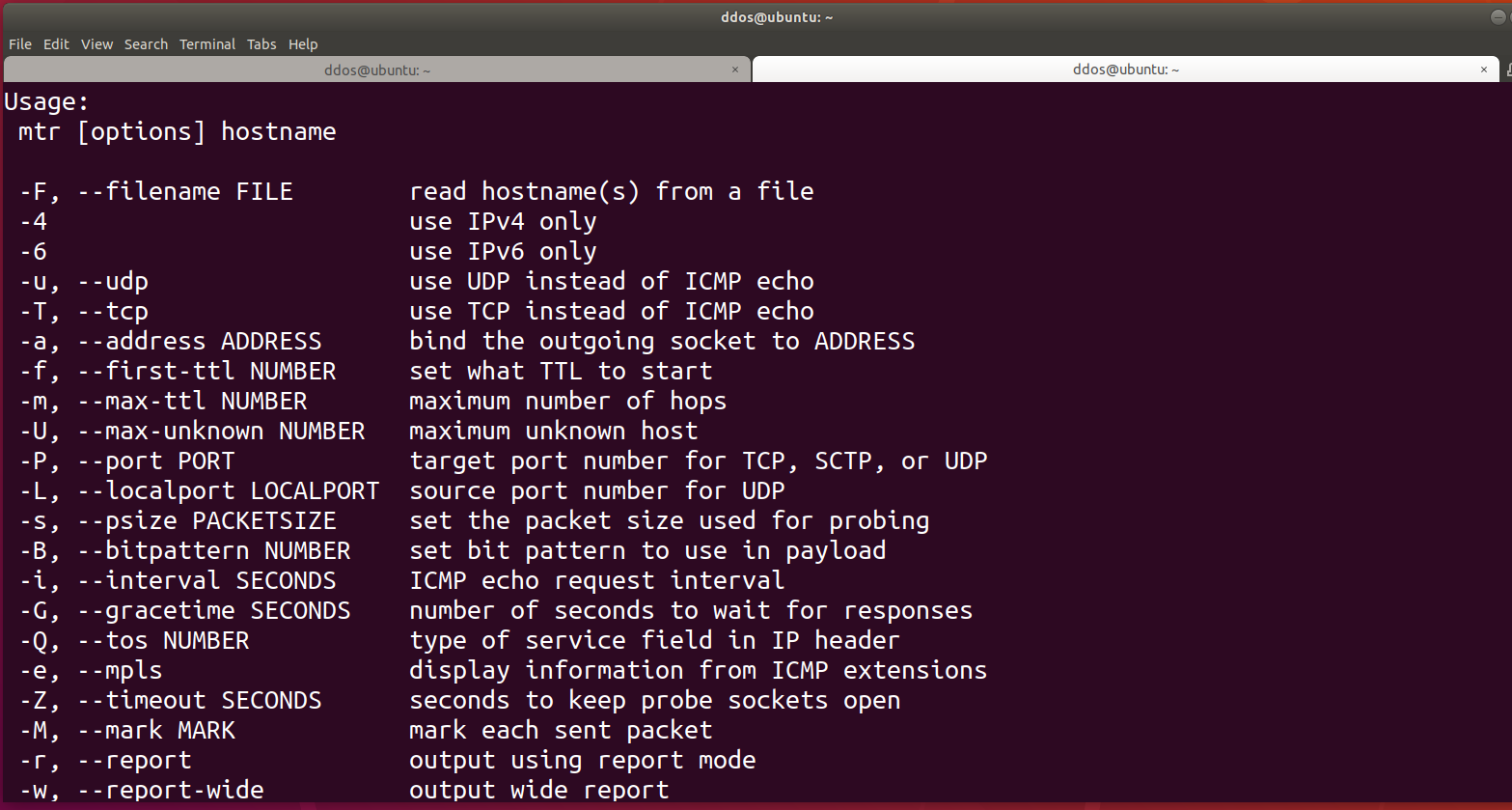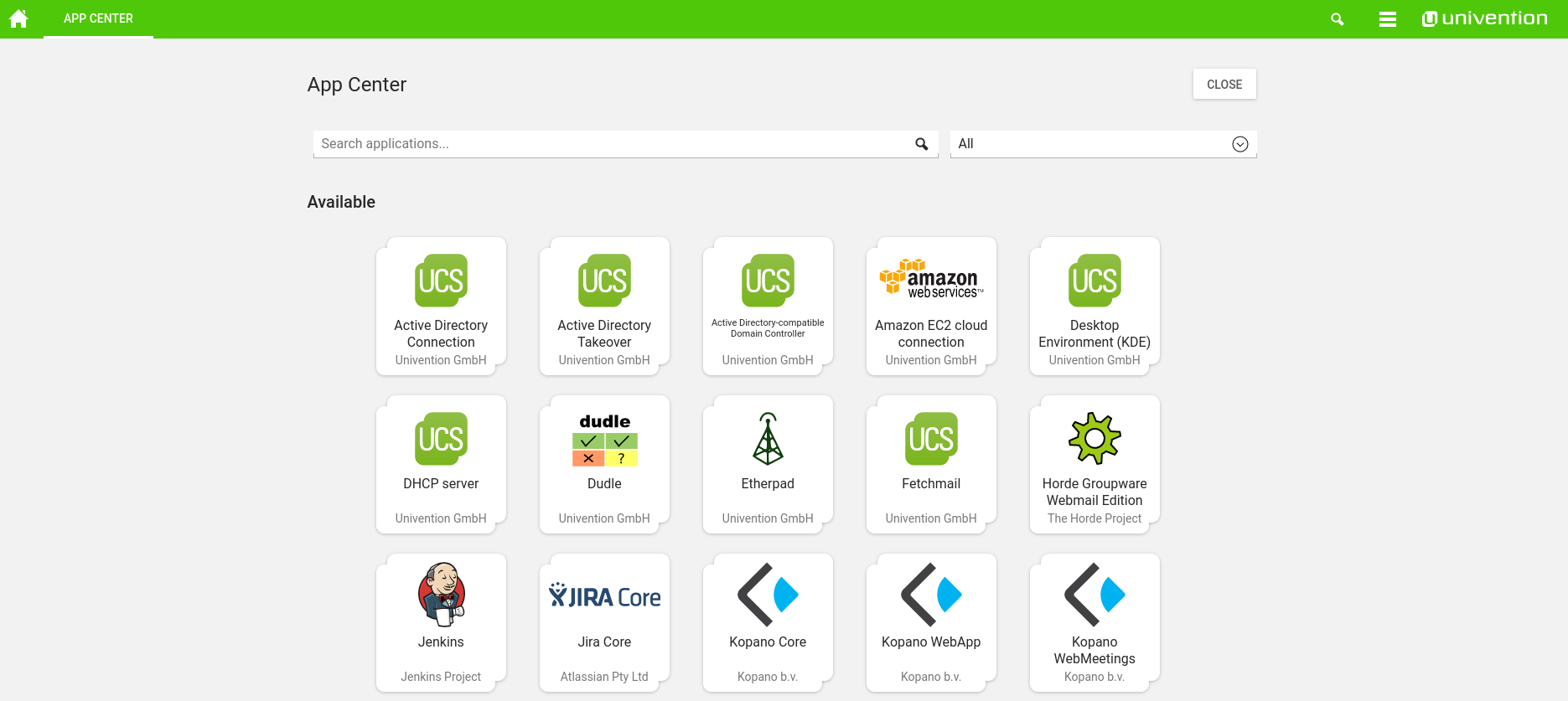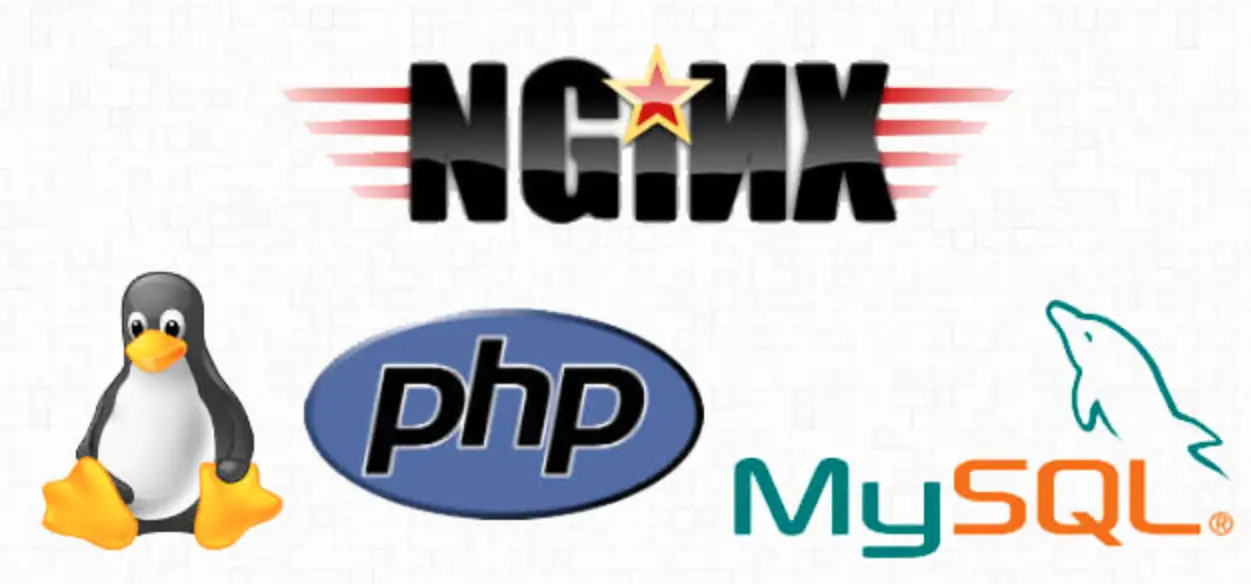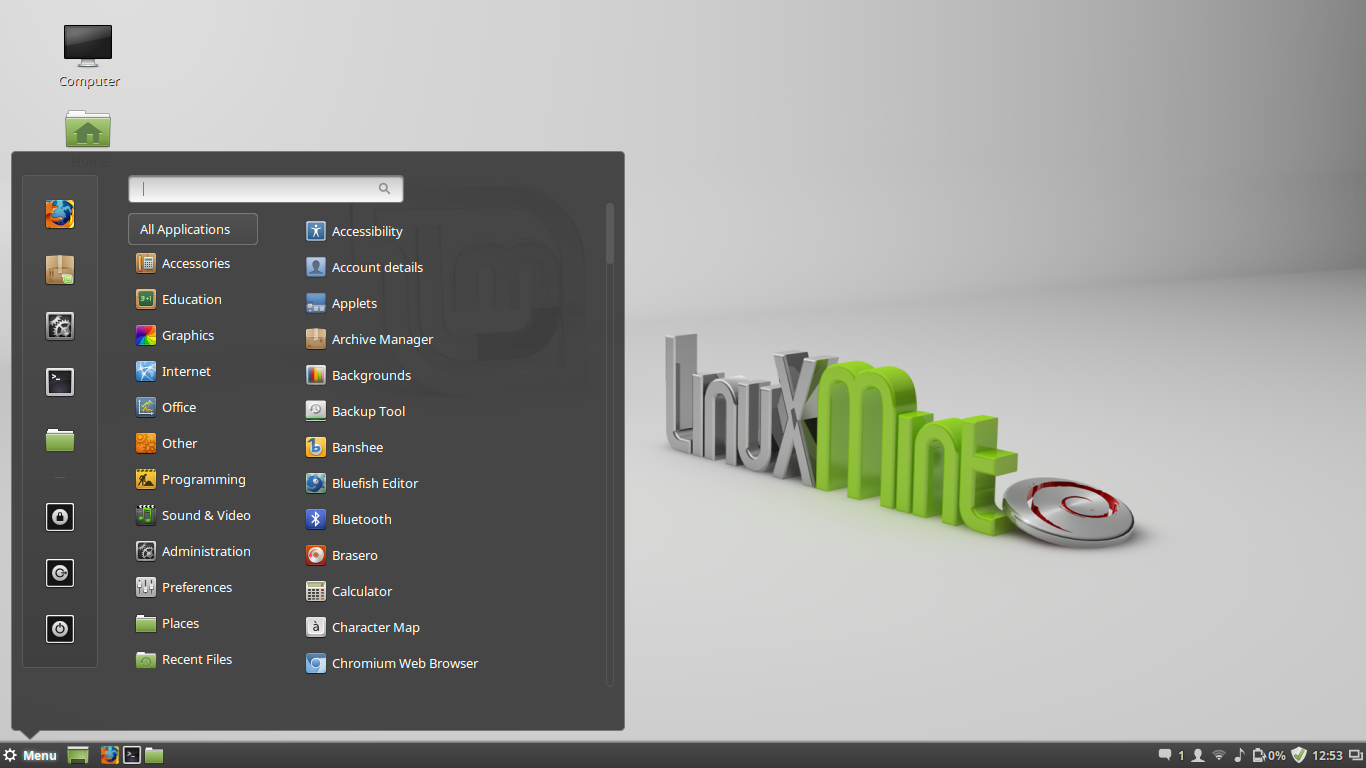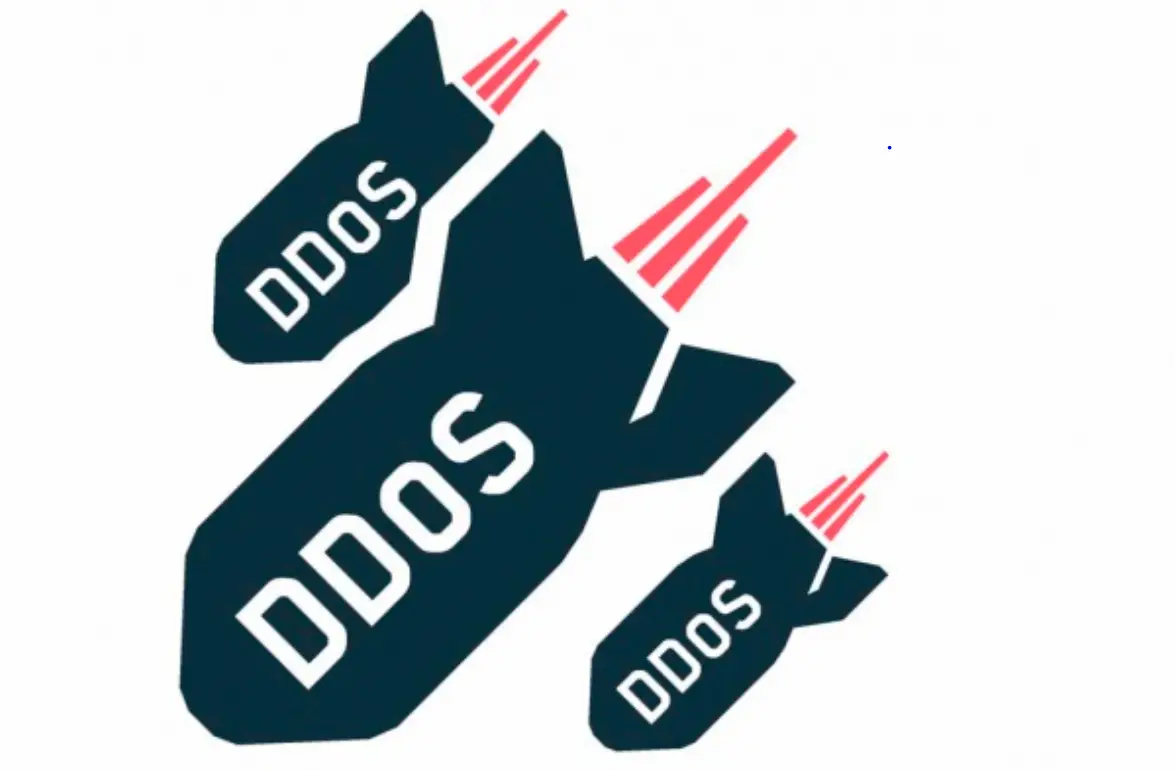How to protect your system with TCP Wrappers
TCP Wrappers TCP wrappers are host-based access control systems. It is used to prevent unauthorized access and only allow specific customers to access services on your server. Why use TCP wrappers TCP wrappers create...


